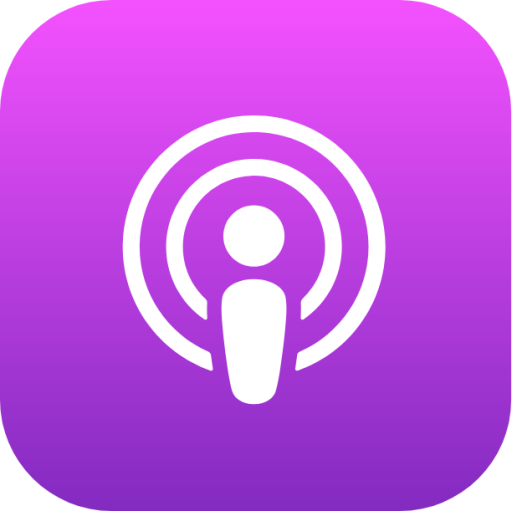Dopamine Detox
In this episode, Liz delves into the pervasive issue of dopamine addiction in our digital age. Drawing from a client's struggle with constant phone-checking and distraction, Liz explores the neurobiology of dopamine and its role in pleasure, reward, and motivation. She introduces the habit loop, detailing the cue, craving, response, and reward stages that drive addictive behaviors. Reflecting on her own experience with alcohol, Liz shares how excessive indulgence can lead to diminishing returns and negative effects associated with withdrawal. Offering practical strategies for a "dopamine detox," she suggests tracking habits, seeking accountability, swapping out addictive behaviors for healthier alternatives, or, in some cases, practicing abstinence. Liz emphasizes the importance of deepening self-esteem, managing discomfort, and fostering a present and awake life.
follow the show
Subscribe & leave a review!
Key Takeaways & Episode Highlights:
Key Takeaways:
Understanding Dopamine: Liz breaks down the role of dopamine, a neurotransmitter responsible for pleasure and motivation. She relates it to everyday experiences like social media likes, the joy of chocolate, or the satisfaction from binge-watching a TV show.
The Habit Loop: Introducing the habit loop, Liz explains the four stages—cue, craving, response, and reward—that contribute to addictive behaviors. She emphasizes the seesaw effect, where pleasure is balanced by subsequent pain or discomfort.
Negative Effects of Excessive Pleasure: Liz shares personal experiences, highlighting how overindulgence can lead to diminishing returns and negative effects associated with withdrawal, such as anxiety, depression, and irritability.
Recognizing Your "Drug of Choice": Liz encourages listeners to identify their addictive behaviors, whether related to social media, food, alcohol, or other habits. Understanding the negative impact is crucial for initiating positive change.
Strategies for Dopamine Detox: Liz provides practical strategies for a dopamine detox, including tracking habits, seeking accountability, swapping out addictive behaviors for healthier alternatives, or, in some cases, practicing abstinence.
Importance of Self-Esteem and Presence: The episode underscores the deeper rewards of self-healing alternatives, emphasizing enhanced self-esteem, improved discomfort management, and a more present and awake life.
In this episode, Liz provides not only valuable insights into the neuroscience of addiction but also actionable steps for listeners to regain control over their habits and cultivate a more mindful and present life.
Resources:
DISCOVERING YOU ENNEAGRAM TYPING SESSION
HOW TO FIND YOUR ENNEAGRAM TYPE, a FREE guide
NEED help?
If you're struggling to create the life and love you desire by being yourself, I invite you to work with me privately. I'm taking on a few new one-on-one coaching clients, and I'd love to help you achieve your goals.
Imagine what it would feel like to:
Love and accept yourself unconditionally
Have a deep understanding of your own unique personality and gifts
Be surrounded by people who love and support you for who you are
Live a life that is aligned with your purpose and values
If that's what you're looking for, then I encourage you to learn more about my coaching program.




